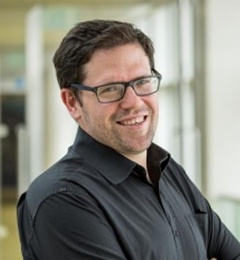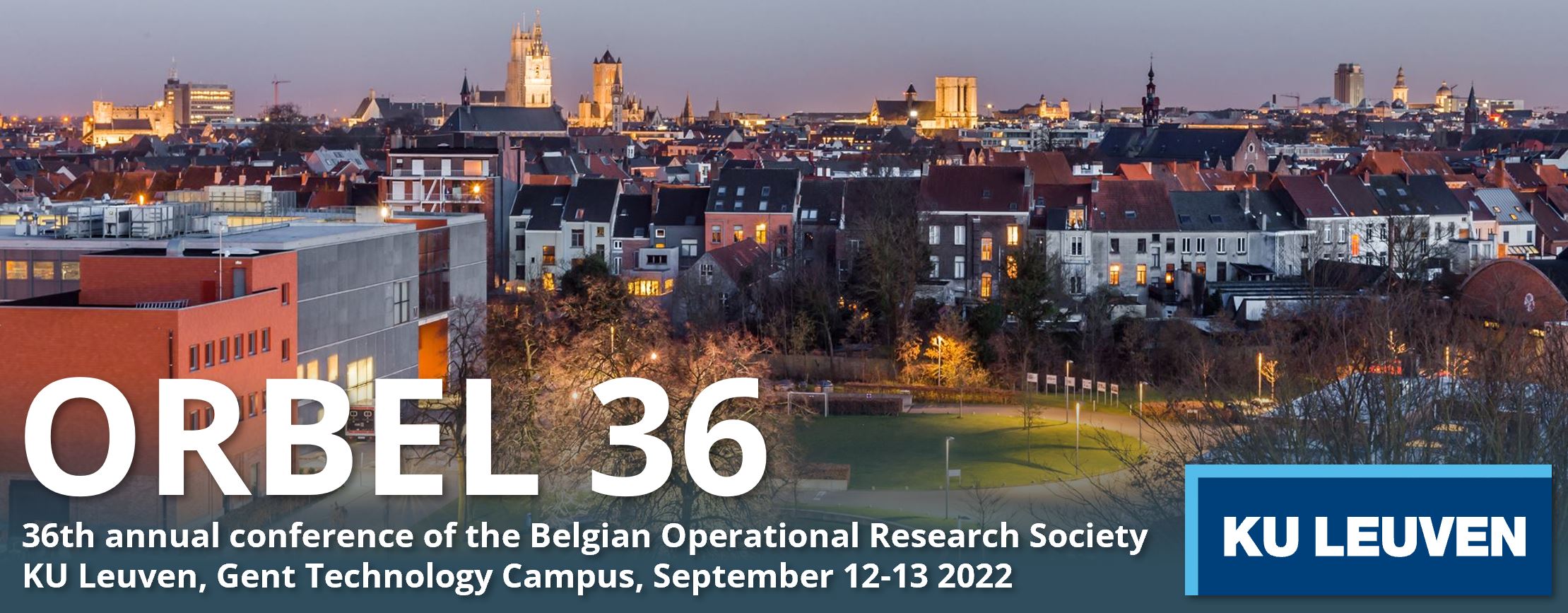Key speakersProf. Antonio Martinez-SykoraUniversity of Southampton
Short bio
Antonio Martinez-Sykora, current director of CORMSIS (Centre of Operations Research, Management Science and Information Systems), is an Associate Professor in Business Analytics. He finished his PhD in June 2013 at the University of Valencia (Spain) and joined the Southampton Business School in September 2013 as a research assistant. In 2007, he received his BSc in Mathematics and BSc in Statistics and in 2009 he received the M.A.S in Operations Research.
Plenary talk: Irregular Packing (Cutting) Problems: Models, Algorithms and Challenges
Cutting and Packing problems with irregular shapes or objects (2D or 3D) is an area that has been developed at a slower pace than other packing areas in the last 20 years, such as packing boxes within a container (container loading problem). Problems with irregular shapes generally have an extra layer of difficulty on top of the combinatorial optimisation problem, derived on how the shapes are modelled and, more generally, how the actual layout/solution is represented. The computational challenges and the complex geometry of the shapes/objects have split researchers in three main areas to address these problems: (1) polygonal/triangular mesh approximation, (2) pixel/raster/voxel-based approximations or (3) phi-objects/parametric functions.
Prof. Michael SchneiderRWTH Aachen UniversityShort bio
Michael studied business administration and computer science at the University of Mannheim and received his doctoral degree from the Technical University of Kaiserslautern in 2012. From 2013 to 2016, he worked as assistant professor in Logistics Planning and Information Systems at TU Darmstadt. Since June 2016, Michael is a full professor at RWTH Aachen University and holder of the Deutsche Post Chair – Optimization of Distribution Networks (DPO).
Plenary talk: Location routing problems: state-of-the-art heuristics and recent developments
The capacitated LRP (CLRP) jointly takes decisions on the location of capacitated depots and the routing of capacitated vehicles to serve a set of customers with known demands from the opened depots. A large number of heuristic approaches has been proposed for the CLRP, often decomposing the problem into a location stage to determine a promising depot configuration and a routing stage, where a vehicle routing problem is solved to assess the quality of the previously determined depot configuration.
|



